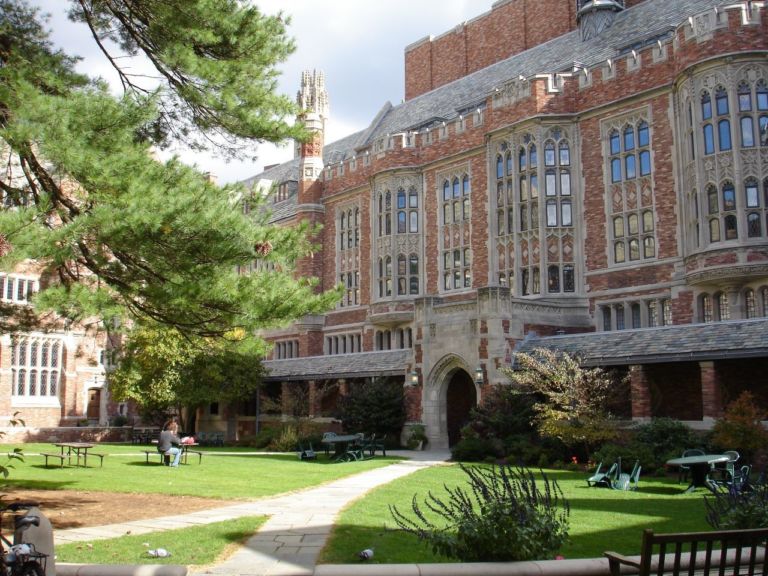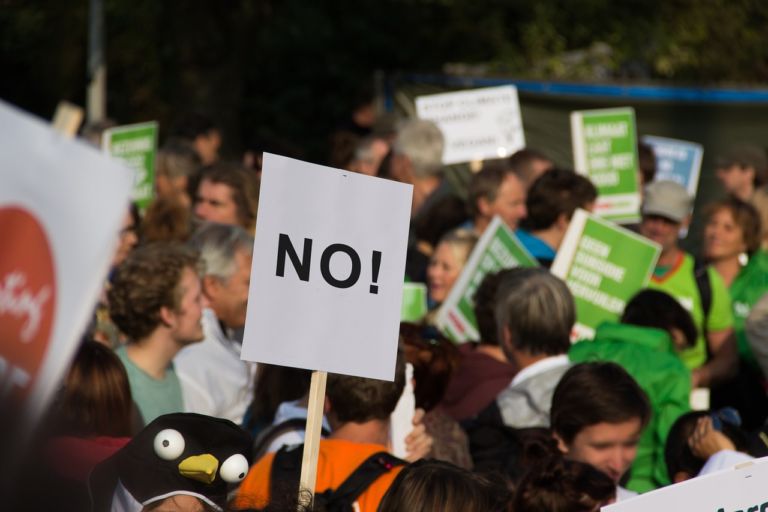Editors at National Review Online take aim at leaders of some of America’s leading universities.
All of a sudden, America’s elite universities have started to sound like John Stuart Mill. Asked yesterday by Representative Elise Stefanik (R., N.Y.) whether students who call for “intifada” or shout “from the river to the sea” were acting “contrary to Harvard’s code of conduct,” Harvard’s president, Claudine Gay, struck a notably enlightened pose. Such “hateful, reckless, offensive speech,” Gay insisted, was “abhorrent” to her personally, and “at odds with the values of Harvard.” But she could not in good conscience move to do anything about it, given Harvard’s “commitment to free expression even of views that are objectionable, offensive, hateful.”
Ah.
The first problem with Gay’s answer (which was not fixed by a subsequent clean-up attempt) is that it is a brazen lie. Harvard does not, in fact, “embrace a commitment to free expression.” It does not tolerate views that its speech police consider to be “objectionable, offensive, hateful.” And, as the plain language of its own policies makes clear, it does not endure opinions that are contrary to its “values.” There is, of course, a strong case to be made for the university as an incubator of all ideas. Were Harvard known for a consistent liberalism, it might be able to defend the indulgence of students who chant “intifada” at their peers. But Harvard is not known for any such thing. On the contrary: Harvard is known for sanctioning scholars, for revoking acceptances, for disinviting academics, and for having created an environment in which students feel unable to share their beliefs. Per the Foundation for Individual Rights in Education (FIRE), Harvard’s score in the Free Speech Rankings is an “abysmal” “0.00 out of a possible 100.00.” In its latest evaluation, FIRE accorded Harvard a “-10.69,” which, the outfit recorded, is “more than six standard deviations below the average and more than two standard deviations below the second-to-last school in the rankings, its Ivy League counterpart, the University of Pennsylvania.”


